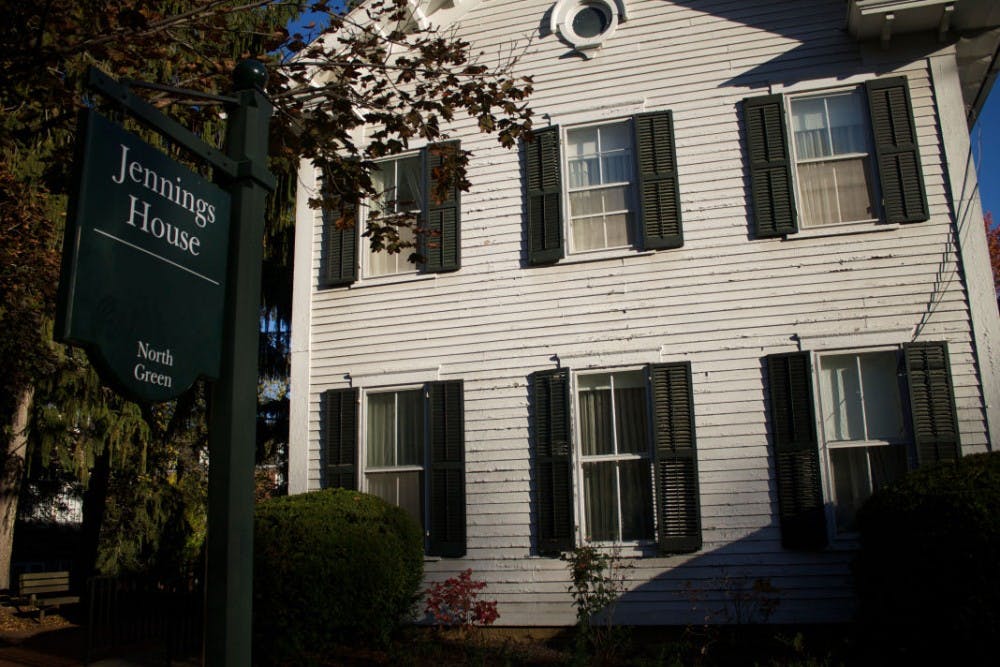Students studying fine arts take a variety of internships, most of which are unpaid
Those same students are seldom paid for their work.
But both faculty and students at the college feel unpaid internships — which comprise the majority of internships completed by fine arts majors — are necessary.
Cory Pratt, a graduate student studying film, said he had an unpaid internship this summer at Big Beach Films, a studio best known for making the movie Little Miss Sunshine.
As an intern, he read, summarized and critiqued many screenplays sent to the studio.
“Even though the internship was unpaid, I feel like my time there was worth every second,” he said. “Especially in the film industry, your connections to those who are already established can make or break you.
He added that the benefits of having an internship outweigh the cost of not being paid.
“Find a place that fits your interest, and just go for it,” Pratt said. “It can seem daunting, especially when there is no pay involved, but immersing yourself in these experiences and making these connections are vital to personal and career growth.”
Because so many students are taking out student loans to afford the cost of higher education, an internship is a luxury for film students, Steven Ross, artistic director and head of the film division, said.
“However, some still try to make it happen at least once in their undergraduate or graduate career.”
He added, while he recognizes the problems with unpaid internships, students should decide to take an internship based on the experience they can gain.
“It is obvious there is a profit motive behind the proliferation of unpaid internships,” he said. “Whether one thinks it's ethical or unethical, it is ultimately up to the individual whether to seek and take an internship or not. Real world experience is invaluable.”
Michael Lincoln, associate director and head of the theater division, said he believes that unpaid internships are less of a problem in the arts because of the beneficial job experience students can obtain.
“I realize some companies exploit unpaid internships, but in the arts, I don’t think this is the case,” Lincoln said. “If it’s a really reputable company, the experience they get is invaluable.”
Madeleine Scott, professor of dance and founding director of the school of dance, film and theater, said she would advise a student to take an unpaid internship only if it offered performance opportunities, classes in exchange for services or the possibility of learning new valuable skills.
“Students should receive some sort of compensation of perceived value for their work,” she added.
@AlxMeyer
am095013@ohio.edu






